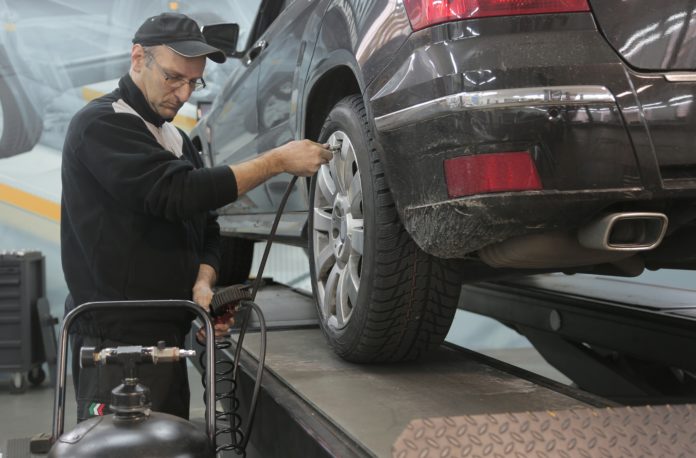Traffic volumes are expected to pick up across the country as schools and business close and people make their way to vacation destinations across the country. The Automobile Association (AA) says good driving behaviour is crucial for road safety this festive season.
The roads are particularly dangerous over this period as the increased traffic leads to increased crashes and fatalities.
While many schools are already closed, many families are planning to hit the road from 15 December, with schools reopening on 11 January 2023 in the North of the country, while schools in the Western Cape open on 18 January.
Traffic volumes are expected to pick-up on major routes such as the N1 from Polokwane to Cape Town through Gauteng and Bloemfontein, the N2 along the Indian Ocean coastline, the N3 from Gauteng to KwaZulu-Natal, the N4 through Mpumalanga, and the N7 through from Cape Town through Namaqualand to the Namibian border.
Statistics from the Road Traffic Management Corporation (RTMC) indicate that there were 1395 fatal crashes and 1808 fatalities during the festive period from 1 December 2021 to 11 January 2022.
The AA says it’s no secret South Africa has a massive road safety problem.
“The government and its agencies responsible for road safety must do much more to improve this situation. Among the steps they need to take are to increase the number of traffic law enforcers across the country, improve road safety awareness and education campaigns, and ensure better prosecution of offenders.
“But, at the same time, we must also acknowledge that road users must improve their attitudes and driving behaviours. We therefore encourage all road users to ensure they have a calm, conscientious and courteous attitude on the road, not only during this festive period but throughout the year,” the AA says.
The Association says road users – drivers, passengers, those riding motorcycles and pedestrians – must focus on the road and obey all road rules and regulations.
“Road safety cannot be the responsibility of the authorities alone; every road user has a role to play. Traffic law enforcers work exceedingly hard over this period to make our roads safer, but these efforts ae thwarted by road users who drive recklessly, who don’t obey the rules of the road, and who believe they are above the law,” notes the AA.
The AA offers the following tips for travelers:
- Keep left, pass right. A simple rule which should be followed by all moving vehicles. It’s also courteous to drivers to make way for them if they are moving quicker than you. Driving too slow in a lane when there are faster vehicles behind is dangerous and could lead to road rage incidents. The correct approach is to allow faster vehicles to pass when it is safe to do so. Don’t police other drivers, leave that to the authorities.
- Ensure everyone in the vehicle (front and back) is buckled up.
- Drink or drive. If you are going to be doing the one, don’t do the other. It’s the same if you are walking: drink or walk.
- If you are walking, be always visible, especially at night, and at dawn or dusk, and in poorly lit areas.
- While on the road, take a breather every two hours or every 200kms; this will help you stay alert behind the wheel. Take the time to stretch your legs, get some fresh air, and to be relaxed for a few moments before continuing your journey.
- If you’re a biker, or riding on a bicycle, wear a helmet and other necessary protective gear.
- Drive to the conditions of the road not necessarily to the indicated speed limit.
- Distracted driving is dangerous, and means you aren’t focussed on the road ahead. Put your cellphone in the boot and use it only in an emergency.
- Ensure your tyres (and spare) are in a good condition and properly inflated. Don’t discover that your spare tyre is flat at the side of the road.
- Ensure your windscreen wipers (front and back) are in good condition. Even relatively new wiper blades may deteriorate quickly if left in the sun for long periods. Streaking, skipping, slipping or squeaking wipers are telling you they need attention. Don’t discover mid-way through your journey that they don’t work properly.
RELATED: Tips to stay safe on (and off) South African roads this festive season


